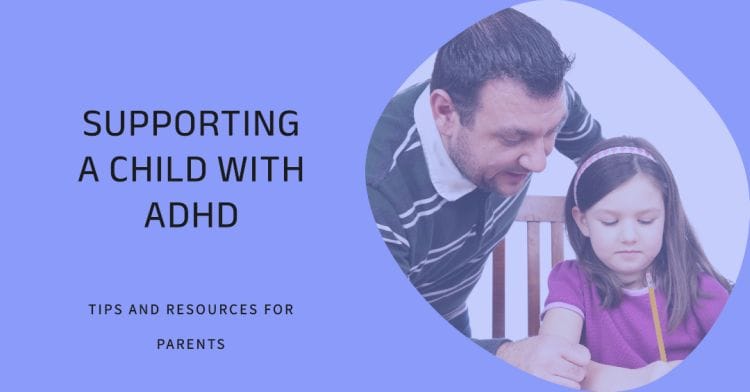Students diagnosed with ADHD often struggle with note-taking. ADHD-related inattentiveness makes it hard for them to stay focused during a lecture and when they must split their attention between listening and writing, they may be unable to keep up with writing the key points as they listen. Here are six proven strategies to make note-taking easier and improve academic performance.
6 Ideas for Taking Notes
- Eliminate distractions. Encourage your child to sit near his teacher and away from friends. This will help to increase his ability to focus on what the teacher is saying and to reduce distractions. Additionally, if your child is an auditory learner, encourage him to look down at his notebook rather than at his teacher during lectures – this will reduce the distraction created by visual stimuli and allow him to focus on what his teacher is saying.
- Write down the main points. Good note-taking must filter out less important information and summarize information in real time. Teach your child to recognize the teacher’s visual and verbal cues as to what is important. The bullet points on a slide are of course indicators of what is important; your child should at least write those down (as well as obtain copies of the slides from the teacher).
- Find a “note buddy,” someone in his class who takes detailed and legible notes. He can then compare his notes with theirs at the end of class to ensure that he gets any information he might have previously missed and to make any corrections (due to hasty writing, poor spelling, etc.) that may be in his own notes.
- Utilize technology. Note-taking accommodations are common for ADHD-diagnosed students. Ask your child’s teacher if he can bring in a tape recorder and record lectures, so that he can listen to the lecture more slowly after class to fill in information he may have missed during class. If your child feels he can write and listen at the same time, but just can’t write quickly enough, his teacher may allow him to take notes on a laptop or tablet rather than by hand.
- Ask for an outline. Many teachers outline their notes prior to lecturing. Ask if your child can get a copy of the outline or slide presentation in advance so he can fill in additional information right on the handout during lectures. This can also help to keep your child from becoming distracted during lectures, as he will have something to follow along with throughout the lecture. By the way, access to teacher notes should always be part of your child’s 504 Plan.
- Create a shorthand system to speed up note-taking. Since many older students are familiar with “text-speak” (where vowels are often left out, such as “txtbk” for“textbook”), this may be an easy way for them to quickly write notes. Other ideas include using symbols (@ for at) or shortening words (“b/c” for“because”). The student should write out the notes long-form later, which is great way to help retain the information. Of course your child must remember what his shorthand stands for; otherwise, this strategy will not work. Here’s a web page with a list of shorthand abbreviations commonly used by students and, for those who seriously want to develop shorthand skills, an article reviewing different methods.
If you think these are great ideas but know your child will not listen to you, why not bring in a homework coach? Our trained coach will work on building note-taking and other study skills that will help your child succeed in school. Call us!
